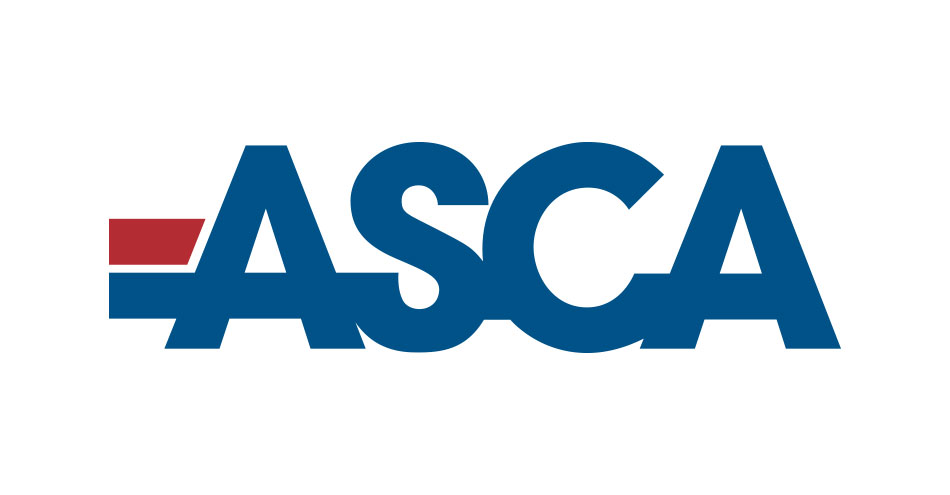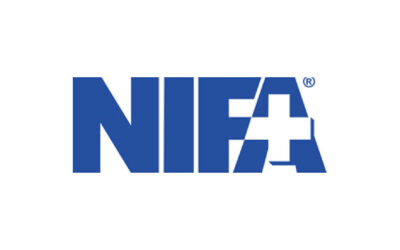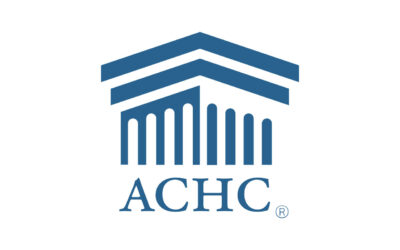 By Bill Prentice
By Bill Prentice
By the time you read this message, coronavirus-related guidance of many kinds will have been in place in communities across the country for more than half the year. For patients who could not get routine or non-emergency health care under some of that guidance and others who chose to delay getting care because of concerns about the coronavirus, the time has come to reconsider those decisions.
Looking back at the temporary restrictions placed on elective surgery in all settings after the U.S. declared COVID-19 a public health emergency in March, it is easy to see why a partial lockdown made sense at the time. In March, personal protective equipment (PPE) was in short supply and needed to be reserved for the health care professionals providing frontline care to COVID-19 patients and to patients facing emergency situations. Since then, however, PPE supplies have become more plentiful, and we have learned a lot about how the virus is transmitted and what health care providers can do to deliver care while protecting their patients from the coronavirus.
Today, we have information from a multitude of sources that suggests continuing to delay non-emergency health care carries greater risks than stepping inside a properly prepared health care facility. We also have information from sources like Johns Hopkins University in Baltimore, Maryland, and Rush University Medical Center in Chicago, Illinois, that suggests that the pent-up demand for outpatient surgical care that already exists since the temporary suspensions last spring will cause backlogs of surgical cases for some time to come.
It is important to remember that when we use the term elective surgery, we are not referring to surgery that is not necessary. What we are talking about is procedures that do not have to be performed immediately to save a life and can, therefore, be scheduled in advance.
Delaying elective surgery can have serious consequences such as worsening conditions, heightened anxiety levels, greater pain, longer recovery times, an increase in opioid use, decreased work capability, greater expense in treating more advanced disease states and, in some instances, death. In an article published in The New England Journal of Medicine this June, one interventional cardiologist even suggested that the toll of delayed care on non-COVID-19 patients will be much greater than COVID-19 deaths.
Recently, while recording a new episode of ASCA’s Advancing Surgical Care Podcast (you can listen to that episode at https://www.buzzsprout.com/1065259), I had the opportunity to talk with Dr. Tom Deas, a highly regarded gastroenterologist who is board-certified in gastroenterology and internal medicine. Deas practiced medicine for 20 years in the U.S. Air Force before retiring as lieutenant colonel and launching a distinguished private sector career that included a term as president of the American Society for Gastrointestinal Endoscopy.
During our discussion, Deas talked about how the initial bans on non-emergency surgery, including routine screening colonoscopies and patients’ decisions to delay that kind of care at that time made sense. One reason he cited was the shortage of PPE. Another was the belief, early on, that any delays were likely to last one or two months at most.
Now, Deas said, the situation is different. Today, after delaying non-emergency care like colonoscopies for more than six months, the possibility that a cancer diagnosis will be seriously delayed or missed entirely in a patient who is reluctant to visit a health care facility for a screening procedure continues to grow. Also, as endoscopy and other procedures resume, the productivity and turnover rates are slower due to the precautions being taken to protect patients and health care workers from COVID-19. For patients who are in pain or confronting worsening medical conditions, the increased time a facility needs to provide each patient’s care can quickly translate into longer wait times for procedures that may have already been delayed well beyond the date they should have been performed.
During our conversation, Deas also pointed out that thanks to teams of experts who worked together to recommend additional protocols that could be put in place to protect patients from the coronavirus in endoscopy centers, he would argue that perhaps these facilities are some of the safest places on earth when it comes to avoiding COVID-19. He also suggested endoscopy centers could easily be far safer than the post office or a local restaurant and said he would be perfectly comfortable getting an endoscopy in a facility that has these protocols in place. I would add that for patients who are in need of outpatient surgical care but reluctant to visit a hospital, ambulatory surgery centers that are not located on a hospital campus provide an excellent alternative.
As I write this message, the end of COVID-19 is not yet in sight, but while it is one thing to forego a haircut for a couple of weeks or postpone an indoor meet-up with friends, health care cannot always wait. That is an important message that all health care providers should be sharing with their patients, friends and family members.
William Prentice is the chief executive officer of the Ambulatory Surgery Center Association.









